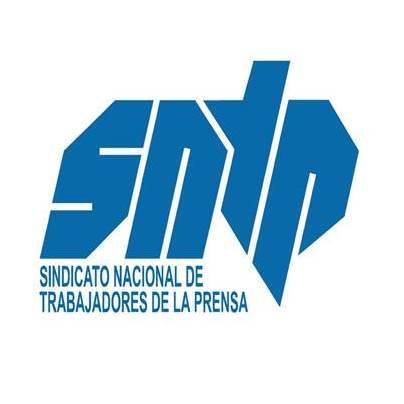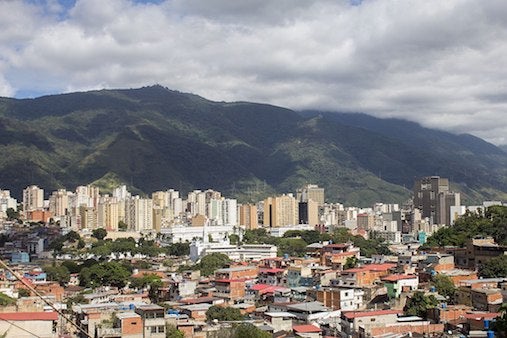In honoring work that has “contributed to Inter-American understanding,” the 2019 Maria Moors Cabot Prizes recognized journalists from Mexico, Nicaragua, the United States and Venezuela.
Chilean-Venezulean journalist Braulio Jatar Alonso, who has been under house arrest since May 2017 after spending nine months in prison, was freed on July 4.
A group of congress members defended the cameraman, an event in which the congresswoman Nora Bracho was hit, Efecto Cocuyo added.
According to the Inter American Press Association (IAPA), 22 executives from the three publications were restricted from leaving Venezuela.

According to the Inter American Press Association (IAPA), 22 executives from the three publications were restricted from leaving Venezuela.

Pero en la mañana del 4 de junio, los periodistas y miembros de la oposición se abrieron paso a través de las puertas y en contra de los miembros de la GNB.

But on the morning of June 4, journalists and opposition members forced their way through the gates and past members of the GNB.

It is the 67th newspaper to end its print offering, either temporarily or permanently, between 2013 and 2019, according to IPYS Venezuela. Zulia joins three other Venezuelan states which no longer have a print publication, the press freedom organization added.

A Spanish journalist is the latest foreign correspondent covering the sociopolitical crisis in Venezuela to be ordered to leave the country by the government of President Nicolás Maduro, according to local and international media.

At least three media outlets were taken off the air and 14 journalists were hit by pellets, beaten or suffered other aggressions while carrying out their work during a tense day in Venezuela

Venezuelan news site El Pitazo and Colombian news director Darío Arizmendi were recognized by the Ortega y Gasset awards from Spanish newspaper El País.
Journalists from Brazil and Venezuela are among the seven international media professionals selected to receive the John S. Knight (JSK) Journalism Fellowships at Stanford University in the U.S. for the 2019-2020 academic year.